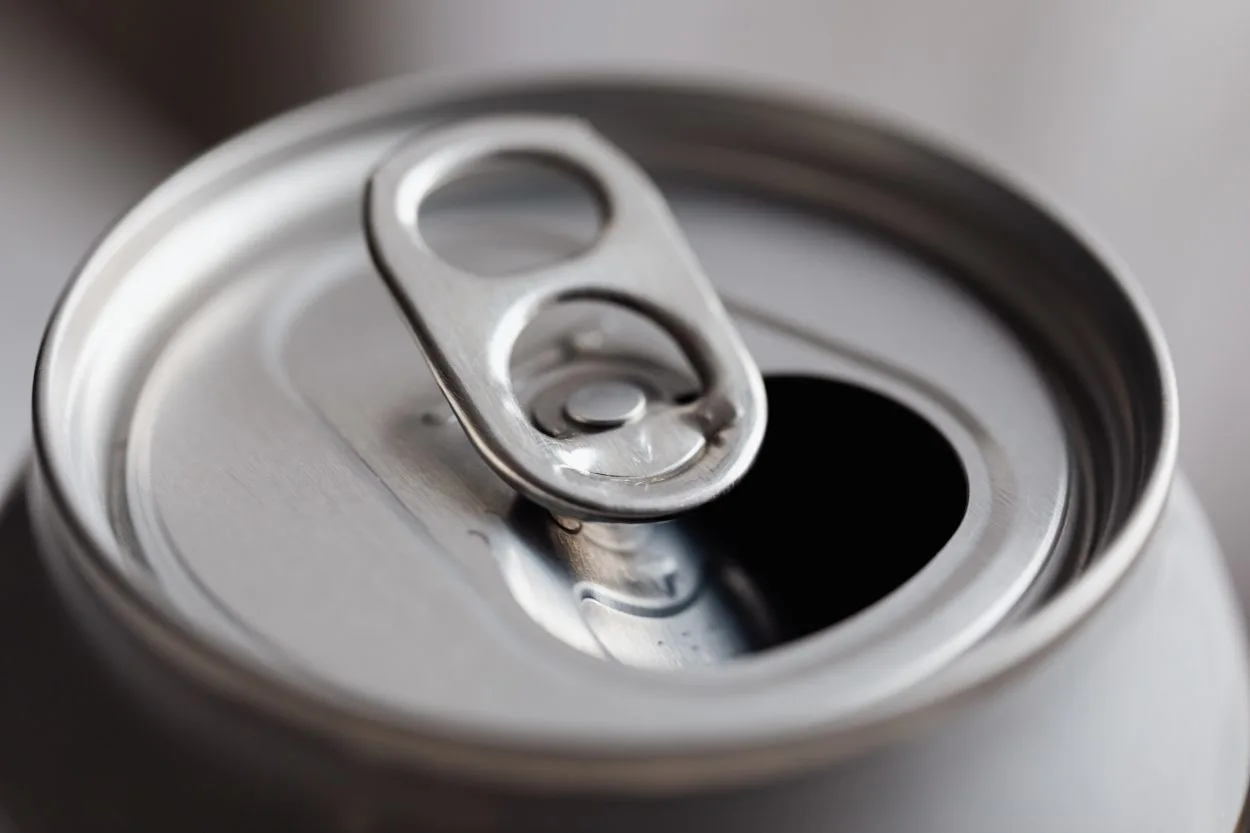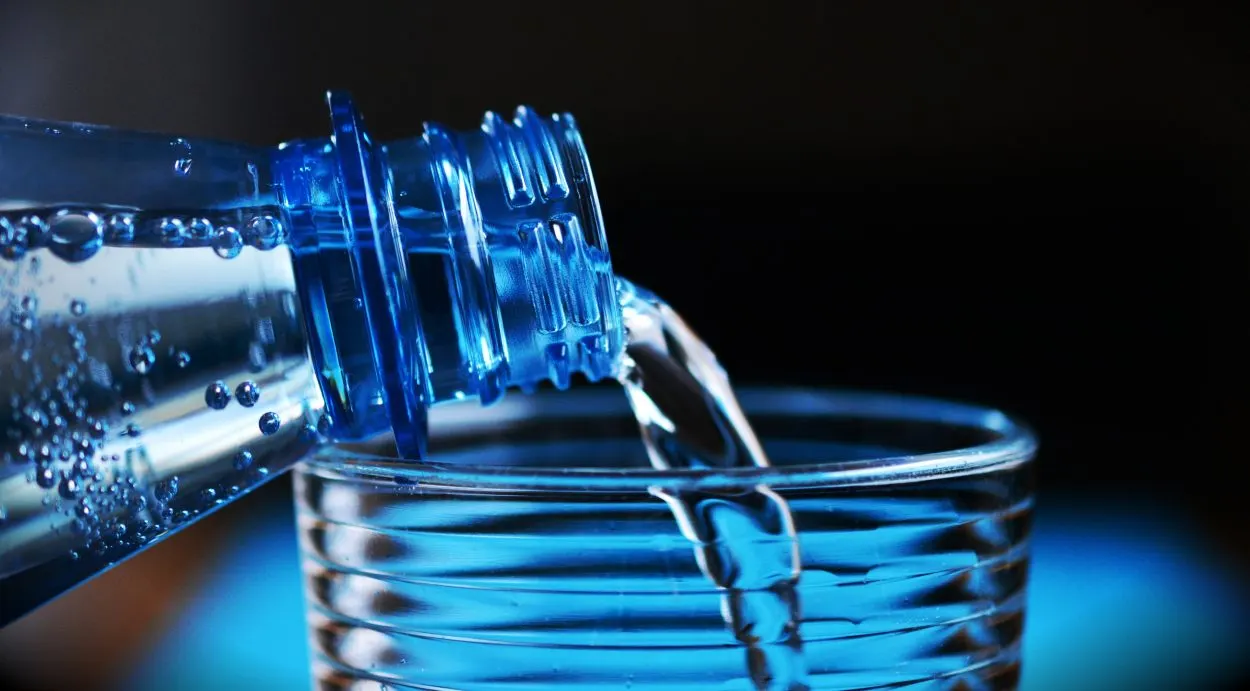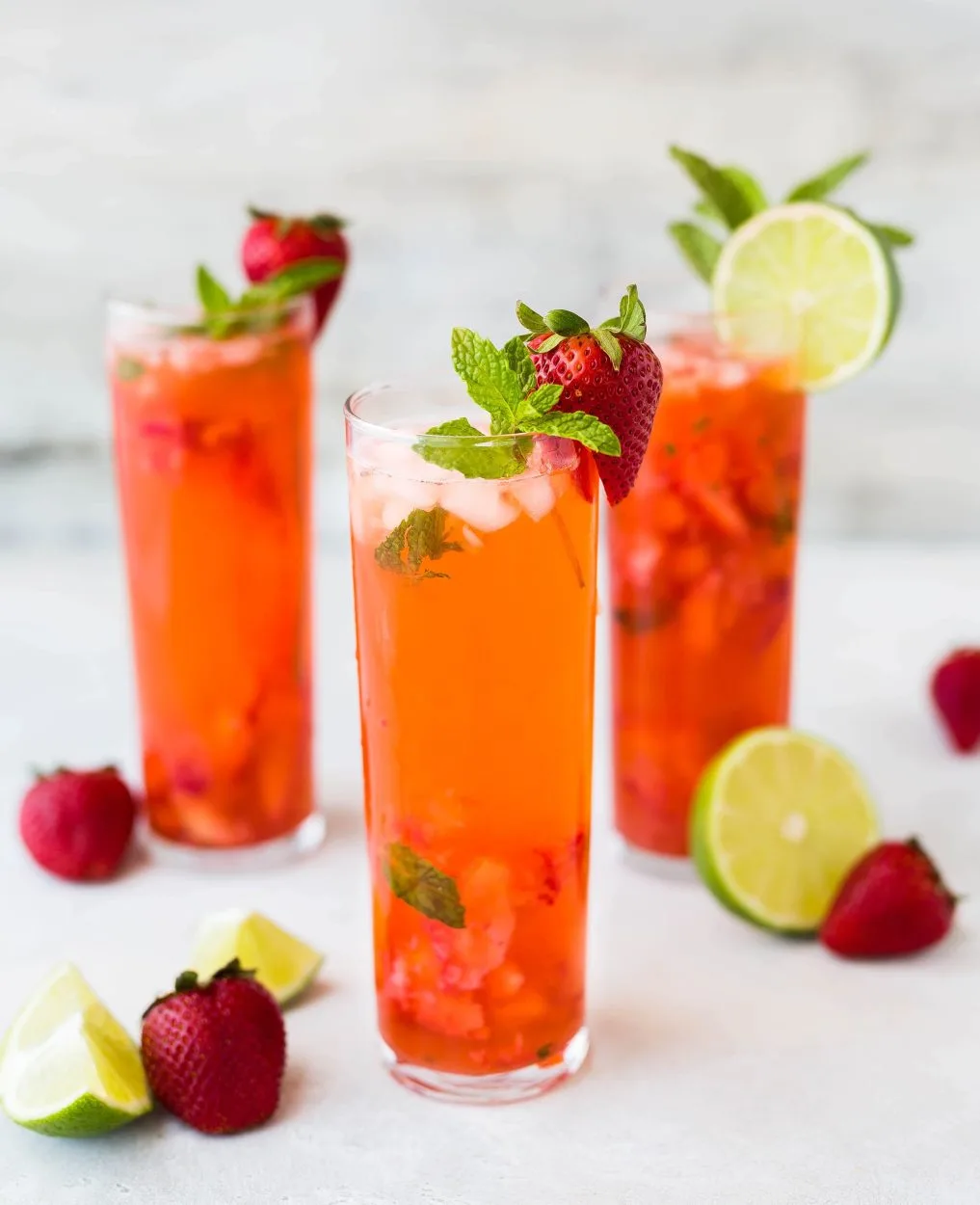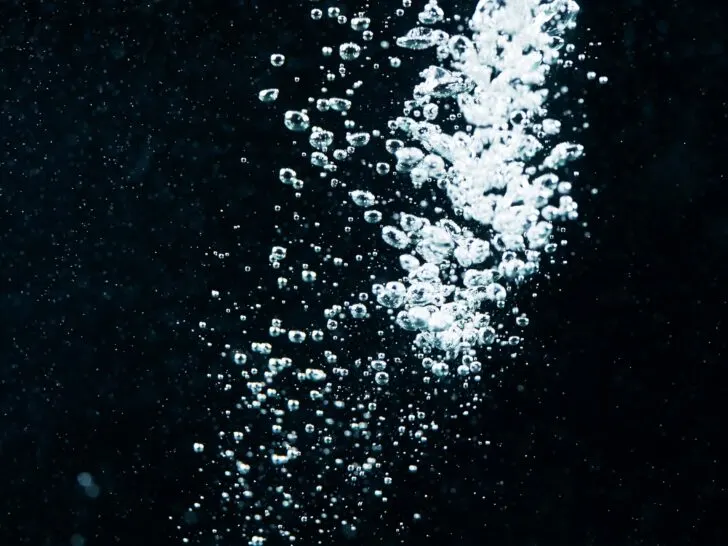Water covers 71% of our earth and is one of the most extensively present natural resources. You would be amazed to know that 96.5 percent of all earth’s water is in the ocean, while the remaining exists in the air as vapors, lakes, rivers, glaciers, and ice caps, in the ground moisture, and even in you and your pets.
Around sixty percent of our body is also made up of water. With its internal presence, we tend to use it for various purposes, and one of the most important uses is drinking.
For you to survive in an environment, It’s first and foremost important that water must be present. Despite the extensive presence of water, you might be shocked to know that 2.5% of the Earth’s water is freshwater, and out % of freshwater, 31% is usable.
Usable water is used to make many other types of drinks, which we enjoy drinking. These drinks include soda water and club water. Soda water and Club soda are carbonated water but are not the same.
Club soda is carbonated water with an additional minerals such as potassium bicarbonate and potassium sulfate. Whereas, Seltzer water or soda water is just carbonated water with no additional minerals.
This is just one difference between them, there is a lot to know below. So, read till the end as I review all the facts and distinctions.
What is Club Soda?

Club soda is a manufactured form of artificially carbonated water, with mineral compounds. It is commonly used as a drink mixer.
Club soda is similar to seltzer water in that it contains CO2, but it also contains minerals such as sodium bicarbonate, sodium citrate, disodium phosphate, and, on occasion, sodium chloride.
If a cocktail recipe asks for seltzer but you only have club soda, there isn’t much of a difference between the two, and one may simply be replaced for the other.
Ingredients of Club Soda
It’s carbonated by injecting O2, carbon dioxide, or gas. Then minerals are added to it. These include.
- Sodium citrate
- Potassium bicarbonate
- Sodium bicarbonate
- Potassium sulfate
The amount of minerals depends on the manufacturer, the minerals may enhance the flavor of the Club soda.
History of Club Soda
Joseph Priestley discovered the artificial method for the PC (the primary form of club soda). However, he never realized the commercial potential of his product.
Johann Jacob Schweppe continued the production of carbonated water in 1783, Benjamin Silliman in 1807, and Anyos Jedlik in the 1830s. However, the trademark of ‘club soda’ was made by Cantrell & Cochrane, and the word ‘club’ refers to Kildare Street Club, which commissioned them to produce it.
Nutrients in Club Soda
Despite flavored juices and soda having sugar content, club soda is sugar-free, making it consumable for diabetes patients.
Club soda is also calorie-free as it’s essentially just plain water that had been carbonated and infused with a few minerals,
Choosing club soda over other soft drinks will have as many calories as choosing freshwater. As club soda is sugar-free, it also doesn’t contain carbs.
Club soda can be consumed regardless of dietary restrictions, making it different from other carbonated drinks and juices.
Famous Club Soda Brands
You might probably find multiple options for Club Soda brands in the market.
I’ve listed a few well-known club sodas that you’ll find easily at nearby stores.
- Polar Club Soda
- Q Spectacular Club Soda
- La Croix
- Perrier
- Panna
Remember that the brand’s popularity does not equate to its taste or guarantee you a great experience. Keep exploring other options, and don’t hesitate to try newbie brands. May it become your favorite one?
Can you substitute Club Soda for water?

Club Soda is water-based, and there is no clear evidence that it harms your body. Interestingly, it may even enhance digestion by improving swallowing ability and reducing constipation. In a way, it can be a substitute for water.
However, Club Soda includes minerals sodium bicarbonate, sodium citrate, potassium sulfate, and disodium phosphate, which makes it taste salty, and as it’s carbonated, it tastes a little bit sugary.
Those sensitive to salt or enjoying the plain taste must not substitute club soda for water. Again, it’s more a personal preference, it completely depends on the taste you enjoy and the flavor that brings the best experience for you.
What is Soda Water?
Soda water is a general terminology used for carbonated water.
Asking for soda water can get you seltzer or club water, depending on how your server interprets it. The carbonation is what is required for soda water.
Calories in Soda Water
Soda water is calorie-free, as the term covers seltzer soda and soda water.
It is essentially just carbonated water containing minerals. Soda water is noncaloric and saves as many calories as plain water.
Carbs in Soda Water
There are no carbohydrates in Soda water as there is no sugar content.
As soda water is carbohydrate-free, soda water is a great drink as it can be consumed regardless of restrictions.
It differentiates from other sugary drinks.
Nutrition in Soda Water
Although there are no nutritional drawbacks to drinking soda water, it is important for you to soda water.
Soda water contains several nutrients that are mentioned below.
| Nutrients | Quantity |
| Calories | 0 grams |
| Cholesterol | 0 grams |
| Sodium | 75 milligrams |
| Potassium | 7 milligrams |
| Carbs | 0 grams |
| Protein | 0 grams |
Brands of Soda Water
Shopping for soda water has never been a piece of cake as new seltzer brands and multiple club staples can be found nearly at every grocery store.
I’ve mentioned well-known Soda water brands you would probably find at every store. So, here are the Top Ten Soda brands that you must try.
- San Pellegrino
- Waterloo
- Capi
- Waterloo
- Schweppes
- Spindrift
- Mount Franklin
- Hepburn
- Santa Vittoria
- Perrier
Other than these brands. you must not hesitate to try other brands to explore your favorite.
Benefits of Soda Water
Soda water has numerous benefits, whether drinking it, using it to mocktail, or adding flair to mixed drinks.
As Soda water is carb-free as well as calorie-free, it can be a healthy alternative to soda and other sugary drinks.
Soda water can be an effective cleaning agent. Its fizzy nature makes it ideal for removing rust and cleaning jewelry, and it is not as comparatively damaging as other agents. It’s due to the carbonation that does the word.
Soda water can also be very helpful in solving stomach, so it’s also served on cruise ships. It can also solve nausea as it helps to give a feeling of fullness.

Is Soda Water healthy?
Yes, carbonated water, or you say soda water is healthy for many organs. However, it has acids that affect the tooth slightly more than plain water.
Soda water damages the enamel of your tooth slightly more than plain water. However, its damage is around a hundred times less than the damage soft drinks cause to your teeth.
Surprisingly, soda water is great for digestion, a study reveals that soda water significantly reduces dyspepsia and constipation than plain water.
You can look at the video below to learn more about how soda or carbonated water affects your health.
Soda Water vs. Club Soda: What’s the difference?
Although both Soda Water and Club soda are carbonated drinks, they are not the same due to the differences that distinguish them.
In general, Soda Water is termed unflavored carbonated water that has gone through carbonation. On the other hand, club soda is also carbonated water with other minerals added to it.
Soda Water is more general terminology, and many carbonated drinks come under it. However, Club soda identifies a specific type of carbonated drink with added minerals, including potassium bicarbonate, potassium sulfate, potassium citrate, etc.
Conclusion
- Water is a vital natural resource. Only a small percentage of Earth’s water is freshwater.
- Soda water and club soda are both carbonated beverages but have distinct differences.
- Club soda contains added minerals like sodium bicarbonate and potassium sulfate. In contrast, soda water is carbonated with no additional minerals.
- Club soda is commonly used as a cocktail mixer and is similar to seltzer water.
- Soda water is a general term for carbonated water and can refer to seltzer water or club soda.
- Both soda water and club soda are calorie and carbohydrate-free. It makes them suitable for various dietary restrictions.
- Soda water can be used for cleaning purposes and has potential health benefits. It aids in digestion and reduces dyspepsia.
- While soda water may slightly impact tooth enamel, it is significantly less harmful than sugary soft drinks.
- Club soda and soda water offer different flavor profiles. It allows individuals to choose the one that suits their taste preferences.

